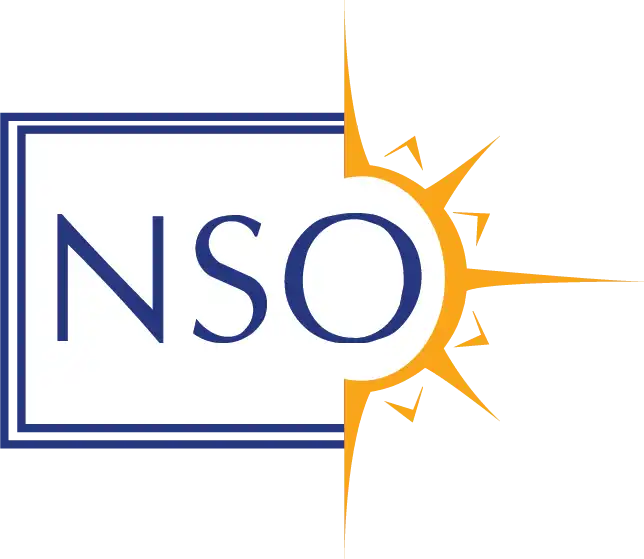UH Study: Cooperation is Key in Reducing Runoff to West Maui Reefs
A new study published by University of Hawaiʻi researchers examines runoff to West Maui Reefs and the challenges of managing pollutants with limited resources.
The study, “Upstream Solutions to Coral Reef Conservation: The Payoffs of Smart and Cooperative Decision Making,” shows how cooperation among landowners to reduce sediment runoff to nearshore reefs results in a more cost-efficient and ecologically effective outcome, than when landowners act independently.
The study was conducted by assistant professor and econolgical economist Kirsten Oleson and her former graduate students in the department of Natural Resources and Environmental Management–Kim Falinski and Joey Lecky.
This paper is part of the larger Ocean Tipping Points project, which seeks to understand and characterize dramatic shifts in ocean ecosystems, and develop new tools to help managers avoid or respond to such shifts.
“Managers are always striving to make the most of their limited budgets. We used simple methods to identify cost-effective solutions to address erosion from unpaved agricultural roads – a problem common to many areas in Hawaiʻi and elsewhere,” explains Dr. Oleson.
Land-based source pollutants have been linked to degradation on several Hawaiian reefs. When coral are covered in sediment, it reduces their ability to photosynthesize and grow, and allows for algae to take over.
This study took place in Hawai‘i’s West Maui region, where the reefs and watersheds have been recognized by multiple state and federal programs as needing special protection. Likely due to sediment runoff during rain events, coral cover in this region’s northern reefs has dramatically declined from 30% to 10% between 2000 and 2015.
The research team compared the costs and benefits of alternative actions that could be taken to repair agricultural roads and reduce sediment runoff across the West Maui landscape. Seven management scenarios were considered, defined by whether decisions were made cooperatively or independently among landowners and by the approach to road repair (minimizing costs, minimizing sediment, or both).
Researchers discovered that targeting specific runoff “hotspots” is more cost-effective than targeting all road segments within a given land parcel. Additionally, the best environmental gains for the lowest economic costs are achieved when landowners cooperate and target cost-effective road repairs, although collective action alone can be counter-productive when cost-effectiveness is ignored.
Tova Callender, West Maui Ridge to Reef Initiative Watershed Coordinator said, “This analysis makes a compelling case for why landowners across the watersheds might want to participate in road improvement projects.”
These findings highlight the utility of decision support tools to help managers understand tradeoffs, make better choices about how to allocate limited resources and find the most effective actions to minimize threats to coral reef ecosystems vulnerable to tipping points.
Dr. Oleson said, “Often, when faced with selecting what conservation actions to take, land managers will prioritize based on total area or least cost. What we show is that this type of decision making comes at a cost. A much better option is to choose based on cost-effectiveness – how much bang you get for your buck. It also pays off to make choices across the broader landscape, not just your own backyard.”

Close-up view of ag road erosion. PC: UH Mānoa.

Aerial image of West Maui watershed. PC: UH Mānoa.

An ag road in West Maui with watershed area. PC: UH Mānoa.











